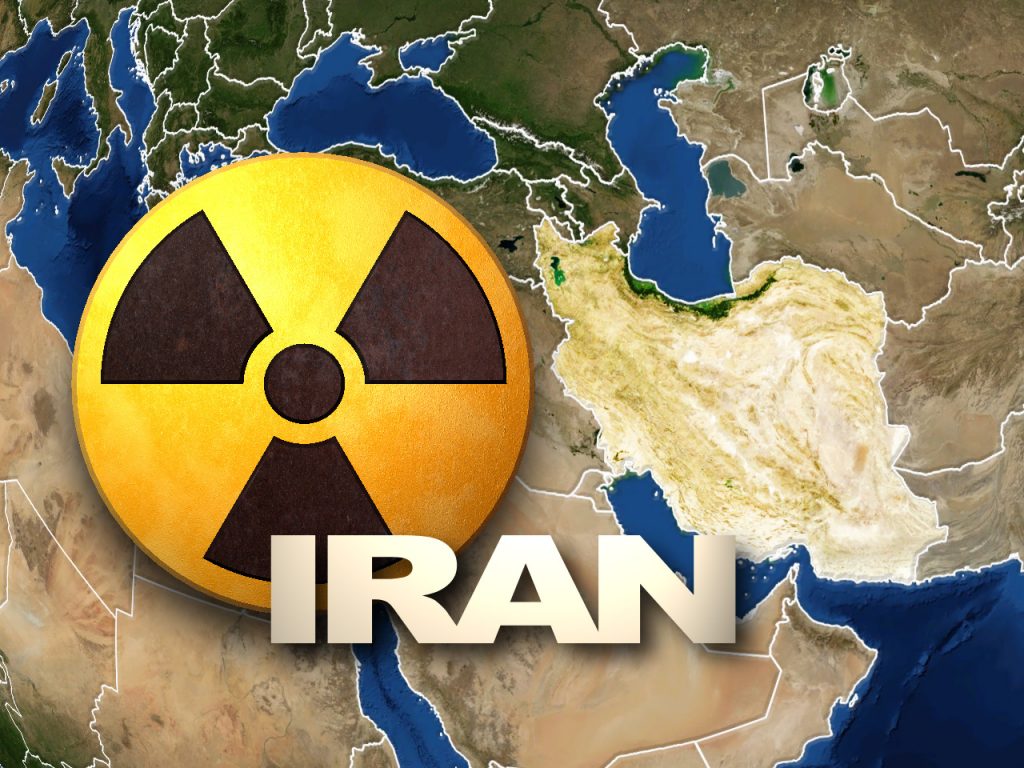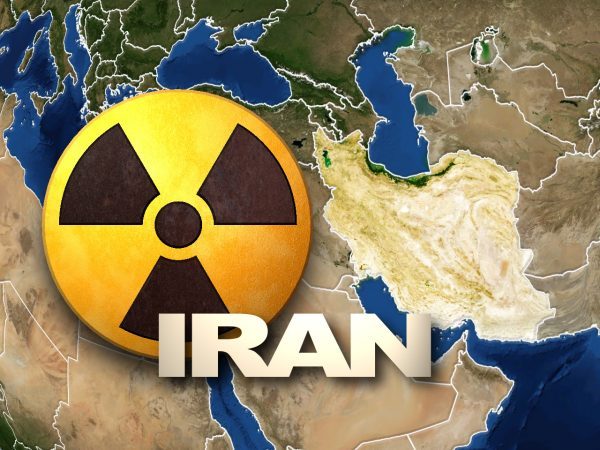
Tehran – US steps on lifting sanctions are “good but not enough”, Iran’s foreign minister said on Saturday, hours after Washington announced it was waiving sanctions on Iran’s civilian nuclear programme.
The US action came as talks to restore a 2015 deal between Tehran and world powers over its nuclear programme reached an advanced stage, with the issue of sanctions relief a major issue.
“The lifting of some sanctions can, in the true sense of the word, translate into their good will. Americans talk about it, but it should be known that what happens on paper is good but not enough,” Iranian Foreign Minister Hossein Amir-Abdollahian was quoted as saying by ISNA news agency.
The US State Department on Friday said it was waiving sanctions on Iran’s civilian nuclear programme in a technical step necessary to return to the 2015 Joint Comprehensive Plan of Action, or JCPOA.
Former president Donald Trump withdrew from the pact in 2018 and reimposed crippling sanctions on Iran, prompting the Islamic republic to begin pulling back from its commitments under the deal.
The waiver allows other countries and companies to participate in Iran’s civilian nuclear programme without triggering US sanctions on them, in the name of promoting safety and non-proliferation.
Iran’s civilian programme includes increasing stockpiles of enriched uranium.
‘Right direction’
Amir-Abdollahian reiterated that one of the “main issues” in the JCPOA talks is obtaining guarantees that the US will not withdraw from the 2015 deal again.
“We seek and demand guarantees in the political, legal and economic sectors,” he said, adding that “agreements have been reached in some areas”.
The Vienna negotiations, which include Iran, the United States, Britain, China, France, Germany and Russia, are at a stage where the sides have to make important “political decisions”, different parties to the negotiations said last week.
“Our negotiating team in the Vienna talks is seriously pursuing obtaining tangible guarantees from the West to fulfil their commitments,” Amir-Abdollahian said.
Earlier on Saturday, Iranian foreign ministry spokesman Saeed Khatibzadeh said: “Naturally, Tehran is carefully considering any action that is in the right direction of fulfilling the obligations of the JCPOA”, local media reported.
Moscow’s ambassador to the UN in Vienna, Mikhail Ulyanov, on Saturday called the US waiver decision “a move in the right direction”.
“It will help expedite restoration of #JCPOA and mutual return of #US and #Iran to compliance with 2015 deal.It also can be seen as an indication that the #ViennaTalks have entered the final stage,” he said on Twitter.
Consultations
Talks on reviving the nuclear deal were halted last week and the negotiators returned to their capitals for consultations.
Experts say the JCPOA talks could resume next week.
US President Joe Biden moved quickly to seek a return to the agreement after he succeeded Trump a year ago, but Iran in the meantime has moved increasingly closer to producing enough fissile material for a nuclear weapon — which the JCPOA aimed to avoid. Iran has always denied seeking an atomic bomb.
“The technical discussions facilitated by the waiver are necessary in the final weeks of JCPOA talks,” a State Department official said on Friday.
The US official insisted that the move was not “part of a quid pro quo,” as the partners in the JCPOA talks await Iran’s response on key issues.
State Department spokesman Ned Price insisted this US step is a sanctions waiver for the civilian nuclear program and not broader sanctions relief.
Barbara Slavin, an Iran expert at the Atlantic Council, said the resumption of the waiver was a positive step.
“It’s a necessary prerequisite to restoring the JCPOA and thus a good sign that this can be accomplished,” she told AFP.
“These sanctions were among the dumbest and most counterproductive imposed by the former administration,” she added.
Republicans blast Biden’s move

In a possible reference Iran’s Hezbollah proxy in Lebanon, Iran’s Afghan and Pakistani Proxies In Syria , Iran’s Popular Mobilization Forces proxy in Iraq and Iran’s Houthi proxy in Yemen , who have been actively destabilizing the Middle East , US Senator Ted Cruise a key Republican Senator from Texas, blasted in a tweet , president Biden over the move : “The Biden administration is dismantling sanctions to allow them to build up their nuclear program, at a time when Iran is targeting the United States and our allies across the Middle East.”
<blockquote class=”twitter-tweet”><p lang=”en” dir=”ltr”>At a time when Iran is targeting the United States and our allies across the Middle East, the Biden administration is dismantling sanctions to allow them to build up their nuclear program. 1/x</p>— Senator Ted Cruz (@SenTedCruz) <a href=”https://twitter.com/SenTedCruz/status/1489988931554889739?ref_src=twsrc%5Etfw”>February 5, 2022</a></blockquote> <script async src=”https://platform.twitter.com/widgets.js” charset=”utf-8″></script>
© 2022 AFP/ FRANCE24


Leave a Reply
You must be logged in to post a comment.